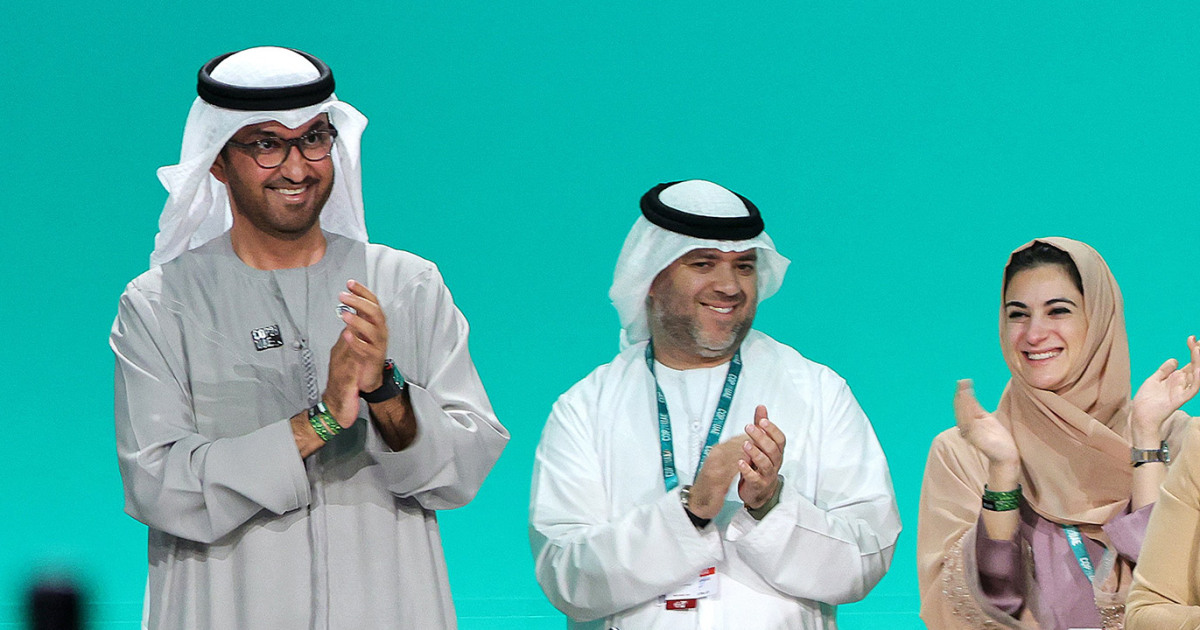
Delegates at the COP28 international climate summit agreed Wednesday to move away from fossil fuel consumption in a first-of-its-kind deal signaling the possible end of the oil age, although some participants said the pact did not go far enough.
The agreement, announced by the president of the COP28 meeting, Sultan al-Jaber of the United Arab Emirates, to a standing ovation, commits the international community to avoid the worst effects of climate change and to move to a low-carbon future.
It is the first time a COP summit has agreed to move away from fossil fuels, but the language stops short of calling for them to be phased out, to the disappointment of some nations.
The agreement was subject to two weeks of complex negotiations and calls for meaningful and sustained action to reduce carbon emissions to limit global average temperature rises to no more than 1.5 degrees Celsius (2.7 degrees Fahrenheit) above pre-industrial levels.
The text, which runs to 21 pages and more than 11,000 words, “expresses serious concern that 2023 is set to be the warmest year on record,” and calls for “urgent” action to keep the 1.5 degree limit in reach.
Al-Jaber stressed the need for concrete action, telling the summit: “We are what we do, not what we say.”
Wopke Hoekstra, the European commissioner for climate action, told journalists the agreement was “the beginning of the end for fossil fuels.”
“This is a call to action that heralds an irreversible pivot from the dirty energy of the past and charts the course toward a more equitable clean energy future,” said Manish Bapna, president and CEO of the Natural Resources Defense Council, an environmental advocacy group based in New York, in an emailed statement.
“It’s time now to turn global ambition into climate action — and there’s not a moment to lose,” he added.
Ember, a climate change think tank based in London, said in a statement on X that the agreement marks “the first time the world has recognized the scale of ambition required this decade to build the new clean energy system: a tripling of renewables and doubling of efficiency improvements.”
Not universally welcomed
Some nations had been lobbying for tougher language in the agreement and to include a commitment to “phase out” fossil fuels, a move opposed by members of the OPEC oil-producing nations, led by Saudi Arabia.
The choice of the United Arab Emirates, a major oil producer and OPEC member, as a host for the COP summit proved controversial and was criticized for presenting a possible conflict of interests. Al-Jaber, the summit chair, is also the CEO of UAE’s national oil company, ADNOC.
Al-Jaber has argued that while the phasing out of fossil fuels is inevitable, he has called for the oil industry to be involved in the the transition.
The agreement was not universally welcomed, however. Brianna Fruean, the delegate from Samoa, the Pacific island nation, took to the floor after the deal’s announcement to say she was “a little confused about what happened.”
Speaking on behalf of the Alliance of Small Island States, she said the 39 developing and small islands states that are disproportionately affected by climate change “were not in the room” when the decision was made and were about deliver a statement to the summit before the text was adopted.
“The draft text contains many good elements,” she said, adding that “the course correction that is needed has not been secured. … We have made an incremental advancement of ‘business as usual,’ when what we needed was an exponential step change.”
In a short speech met with lengthy applause, Fruean criticized paragraph 26 of the agreement, which says that global greenhouse emissions are projected to peak from 2020 to 2025, but adds: “This does not imply peaking in all countries within this time frame,” meaning some countries could continue to increase carbon emissions.
António Guterres, secretary-general of the United Nations, said on the X platform after the agreement that his message to those who had opposed a clear reference to the phase out of fossil fuels was that the transition was inevitable.
“Let’s hope it doesn’t come too late,” he added.

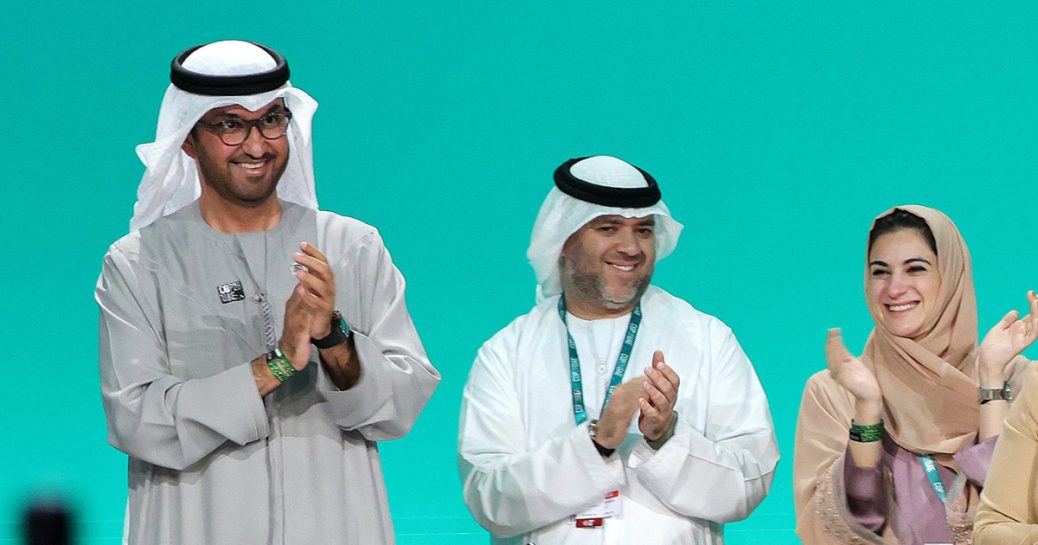
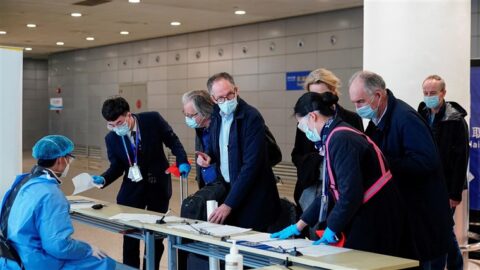

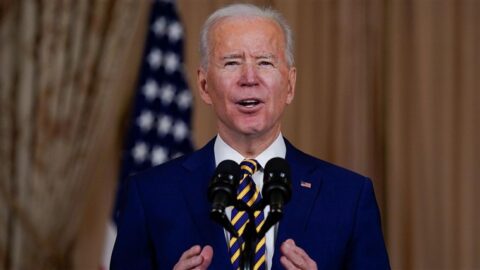
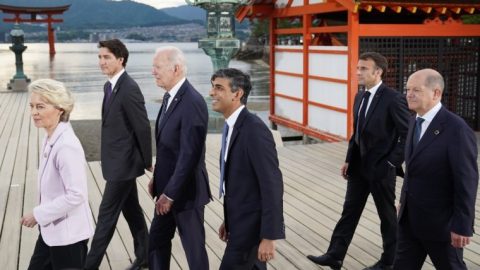



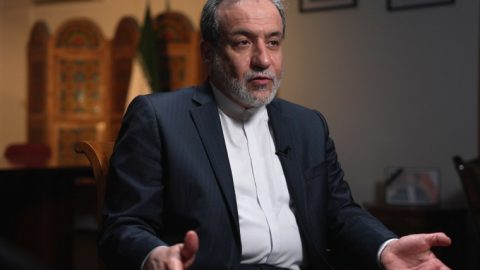
Recent Comments